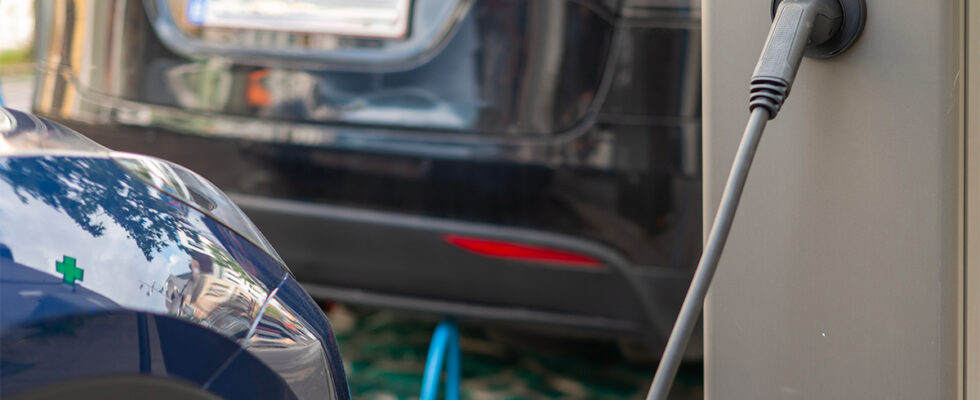If in France, the development of the network of charging stations continues without a hitch, things are more complicated in Europe, due in particular to energy shortages and the administrations of different countries. Explanations.

As you may know, the European Parliament and the various EU member states signed an agreement in March 2023 which provides in particular to intensify the development of electric charging infrastructure.
This system has great ambitions, with one main objective: to offer at least one charging station every 60 km on the main highways of the Old Continent. On this point, France is one of the best students. Indeed, and as revealed by an Avère-France report in July 2023, 99% of French motorway areas are now equipped with fast charging stations for electric cars.
In the rest of Europe, on the other hand, charging operators are faced with many problems which transform this site into an obstacle course. In any case, this is what our colleagues from Reuters explain in a new article. According to the press agency, operators are encountering increasing difficulties in carrying out work or simply supplying energy to existing terminals. The fault is the electricity shortages which affect certain countries, but also the administrations.
Installing terminals turns into an administrative nightmare
Thus, Spain is one of those territories where the deployment of terminals has turned into a nightmare. Reuters reports the astonishing case of the Repsol network. While the company is at the head of a network of 1,600 terminals, only half is operational. The others are waiting for a connection to the electricity network.
“Although the work to install a fast and ultra-fast charging station only requires two to three weeks of work, due to the different administrative requirements in Spain, the whole process can last from one to two years”, says Repsol.
This observation is shared by other charging station operators. According to them, the time to install a terminal has increased by six months on average (building permit, connection to the electricity network, works, etc.) two years old today. “It is Kafka who responds to the energy transition. We have so many things working against Europe, but we could solve this problem,” believes Lucie Mattera, general secretary of ChargeUp Europe.
Germany also presents its share of extravagant situations, like this charging station whose the installation remained at a standstill for 10 months because of… a tree (it was a protected species). The installation of another station on a busy highway was also delayed by 10 months, due to a late noise assessment.
An urgent need for standardization
For charging operators, it is urgent that the European Commission legislates to impose standardized solutions between different countries. The idea is to facilitate the process of installing the terminals. To give you an example, BP, a major player which plans to install more than 100,000 terminals in Germany, must interact with more than 800 energy suppliers… A real headache.
“Many have individual requirements that can significantly hinder progress. There is a clear need for more standardization,” proclaims Stefan Van Dobshuetz, vice-president of BP Pulse Europe.
Source: Reuters
